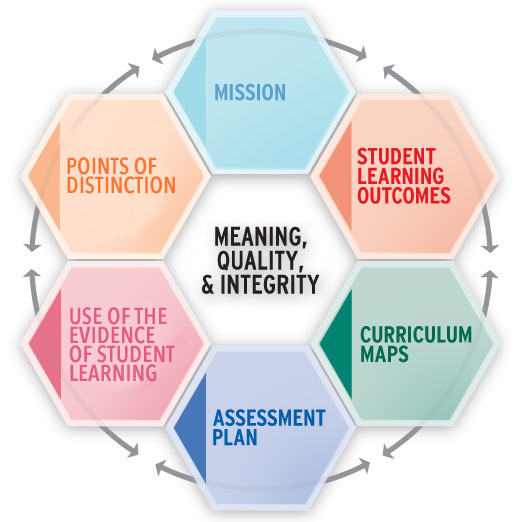All Health and Human Performance majors will be able to:
- Speak and write effectively to a target audience on essential information in human movement/health and human performance.
- Critically evaluate and integrate new information into professional practice to solve relevant health or fitness problems.
- Assess fitness and human movement to determine risk for injury and develop programs to improve human performance.
- Describe the mechanisms (i.e. metabolic, physiologic, biomechanical, and developmental) by which physical activity aids in health promotion, performance enhancement and disease prevention.
- Demonstrate preparedness to serve others in various fitness or health care settings through their selected vocation and calling.
All Applied Health Science majors will be able to:
- Speak and write effectively to a target audience on essential information in health care.
- Critically evaluate and integrate new information into professional practice to solve relevant health care concerns.
- Describe the mechanisms (i.e. metabolic, physiologic, biomechanical, and developmental) by which physical activity aids in health care settings.
- Demonstrate preparedness to serve others in various health care settings through their selected vocation or calling.
All 3+2 Master of Science in Athletic Training will be able to:
- Demonstrate cognitive and psychomotor competence in the 12 content areas of the Athletic Training Educational Competencies.
- Exhibit advancing clinical proficiency in the practice of athletic training through (1) development in knowledge, psychomotor skills, and clinical reasoning and (2) application of evidence-based decision making.
- Speak and write coherently on information in athletic training, and communicate it effectively to a target audience.
- Demonstrate the common values and behaviors of the athletic training profession in a distinctly moral and ethical manner, integrating the Christian faith with clinical practice.
- Demonstrate preparation to serve a diverse environment through experience with a variety of patient populations and clinical settings and with various allied healthcare professionals.
- Demonstrate knowledge and skills required of an entry-level Certified Athletic Trainer.
- Demonstrate preparation for careers that utilize Certified Athletic Trainers or for graduate study and employment in allied healthcare professions.
